After a long day of work, especially in cold weather, many people enjoy soaking in hot water to relax.
Although hot water feels good, a new report published by The New York Times (USA) notes that this can cause problems for skin and hair, according to health news site Best Life.
According to Dr. Trinidad Montero-Vilchez, a dermatologist who has received many international awards for research and is working at Virgen de las Nieves University Hospital in Granada, Spain, excessive heat will damage the skin's protective barrier, making the skin more susceptible to dryness and irritation.
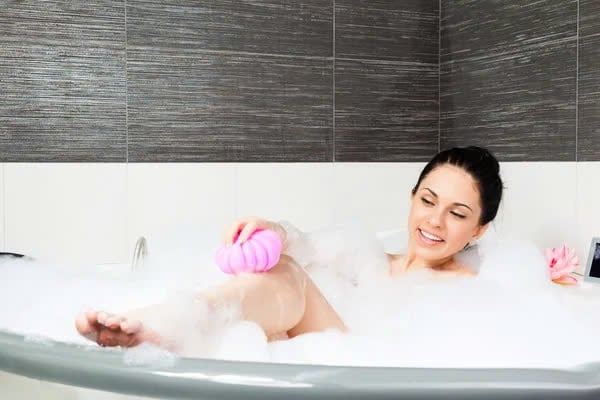
After a long day of work, many people enjoy relaxing in hot water.
The doctor explained that hot water causes the skin's lipids, including ceramides and fatty acids, to lose their structure. When this barrier is weakened, the skin becomes more susceptible to allergies and irritation, and therefore cannot retain water or moisture. This is the result of a study she conducted in 2022.
In a study published in the Journal of Clinical Medicine , the doctors and their team found that hot water has a much stronger effect on the skin than cold water. Hot showers cause the skin barrier to weaken, the pH to rise, and the skin to become red. The skin also becomes more dry due to lack of moisture and water retention.
Additionally, hot water can strip away the sebum layer that "keeps hair moisturized and protected," says dermatologist Elika Hoss, MD, associate professor of dermatology at the Mayo Clinic.
To protect hair and skin, it is best to take warm baths.
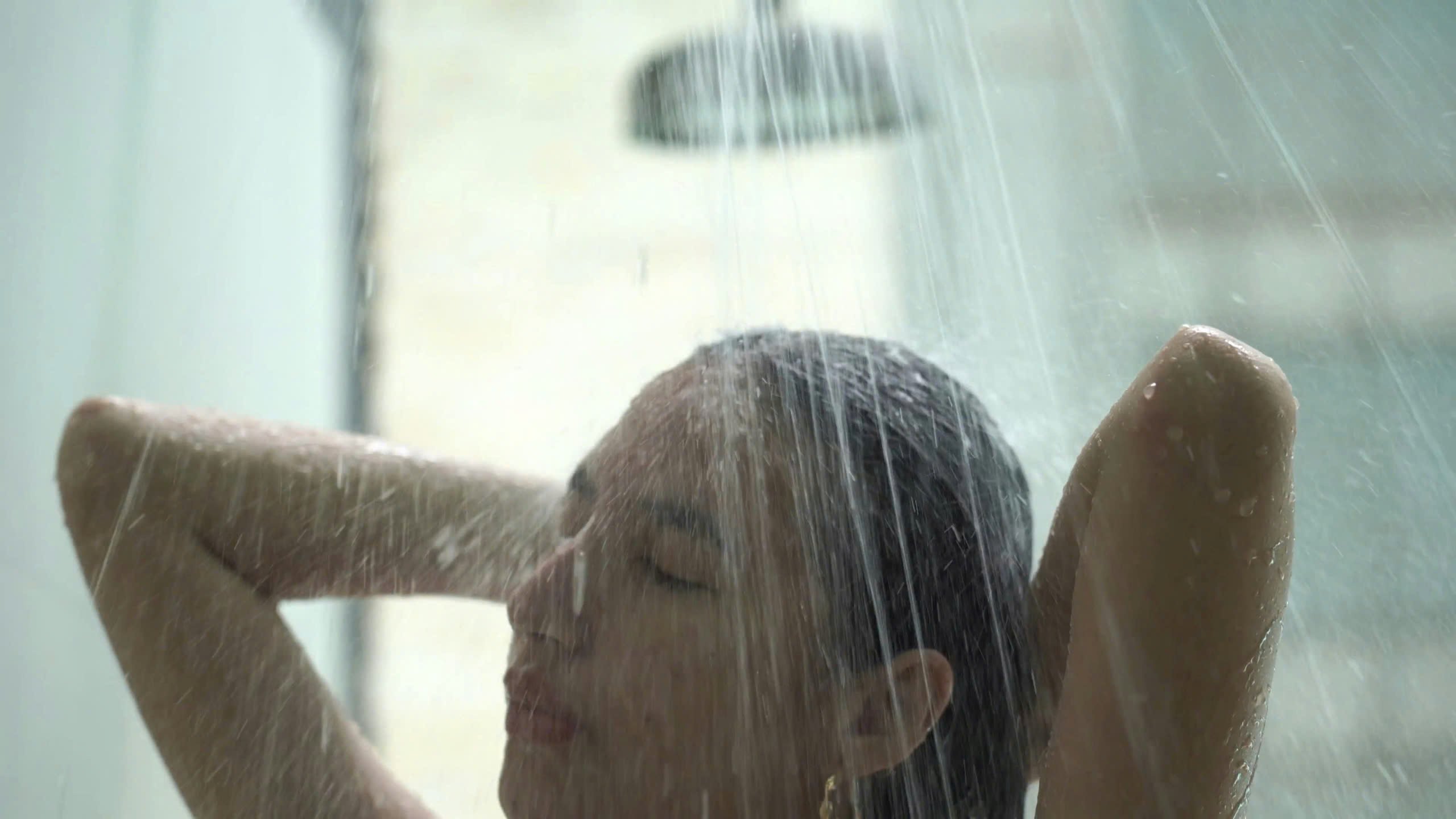
Take warm baths and avoid hot baths every day.
Dr. Peter Bailey, a family physician working in the US, advises: The ideal water temperature for bathing is between 36.5 and 40 degrees Celsius. This is the optimal temperature range to maintain comfort and body temperature, while washing away sweat, dirt and bacteria.
Additionally, temperatures outside this range can pose a risk of low blood pressure, dizziness, heart rhythm problems, and even hypothermia.
Should take a quick bath in a short time
Patients with atopic dermatitis or very dry skin should limit their showers to five minutes at most, notes Lauren Ploch, MD, a dermatologist with the American Academy of Dermatology. Keep showers short and don’t stand in the water for long.
However, hot baths also have some benefits, such as improving blood circulation, helping muscles relax, calming the mind, reducing stress and promoting better sleep quality, according to the American Sleep Foundation Amerisleep.
Dr. Victoria Barbosa, associate professor of dermatology at the University of Chicago (USA), said: Hot baths have many benefits, but are not good for the skin.
Instead, take warm baths and avoid hot showers every day, she says.
To help retain moisture, experts also recommend gently patting dry (instead of rubbing your body with a towel) and applying a generous amount of moisturizer within a few minutes of drying, according to Best Life.
Source: https://thanhnien.vn/troi-lanh-bac-si-chi-cach-tot-nhat-de-tam-185241123184150957.htm



![[Photo] National Assembly Chairman Tran Thanh Man receives a business delegation from the Europe-ASEAN Business Council](/_next/image?url=https%3A%2F%2Fvphoto.vietnam.vn%2Fthumb%2F1200x675%2Fvietnam%2Fresource%2FIMAGE%2F2025%2F11%2F24%2F1763989198212_ndo_br_bnd-7394-jpg.webp&w=3840&q=75)
![[Photo] Prime Minister Pham Minh Chinh attends the patriotic emulation congress of the banking sector](/_next/image?url=https%3A%2F%2Fvphoto.vietnam.vn%2Fthumb%2F1200x675%2Fvietnam%2Fresource%2FIMAGE%2F2025%2F11%2F24%2F1763981997729_tt-nhnn-jpg.webp&w=3840&q=75)





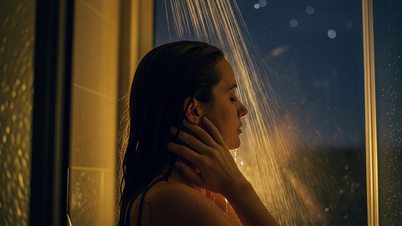
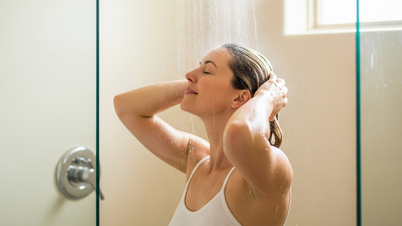
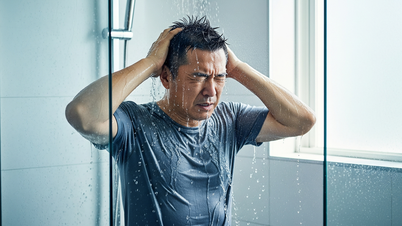

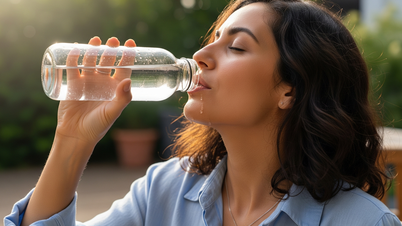

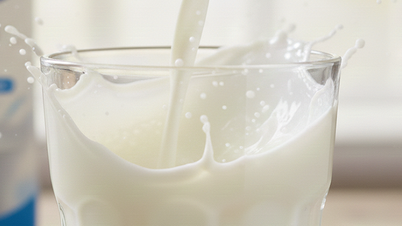
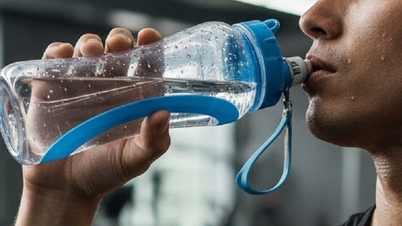















![[Photo] Next to the "mountain of trash" after the flood, Tuy Hoa residents strive to rebuild their lives](/_next/image?url=https%3A%2F%2Fvphoto.vietnam.vn%2Fthumb%2F1200x675%2Fvietnam%2Fresource%2FIMAGE%2F2025%2F11%2F24%2F1763951389752_image-1-jpg.webp&w=3840&q=75)









































































Comment (0)